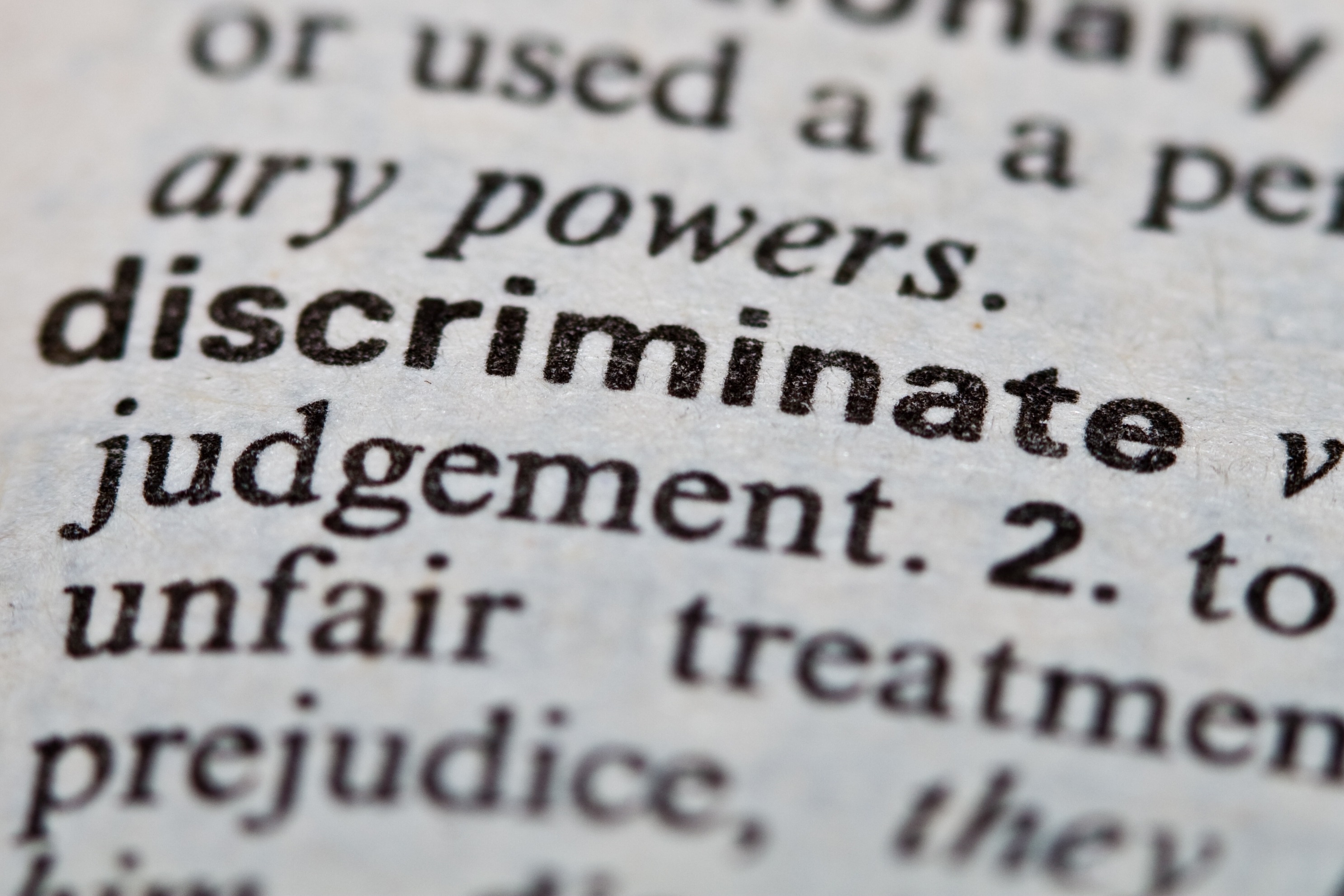We’ve seen a lot of news about immigration issues lately, but most of the discussions center around deportation. What about employment? Are people in specific ethnic groups getting harassed or unfairly treated at work? And if they are, is it against the law?
We like to think that every company has an HR department that sets up and follows HR policies that adhere to the letter of the law, and that prevents any discrimination of any kind from happening to the companies’ current or prospective employees. The reality is that this doesn’t always happen, which is why we find opportunities as a plaintiff side employment attorney. Case in point: the recent claim against a pizza chain in South Florida for something as simple as asking for a permanent resident card. Pizzerias LLC was asking for a specific document (green card) from non-US citizens, while US citizens were not asked for anything specific, and were allowed to provide a choice of documents. This is a direct violation of the INA (Immigration and Nationality Act) which, among other things, prohibits citizenship status discrimination in hiring, firing, or recruitment or referral for a fee and unfair documentary practices during the employment eligibility verification process. Even if this was an oversight, it was an expensive mistake for a pizzeria, costing $140,000 and quite a bit of bad publicity.
There is also the Title VII of the Civil Rights Act of 1964. Title VII makes it unlawful to hire, fire or discriminate against anyone because of race, color, religion, sex or national origin.
That’s pretty clear, isn’t it? Except that it is difficult to identify when it is happening. Discrimination could take the form of verbal harassment (slurs, making fun of an accent, etc.) which create a hostile work environment for the victim, similar to what we see in sexual harassment cases, or it could be more obvious – like not hiring someone for a position because they need someone who looks more “American”. Also, sometimes these situations are very hard to prove – but that’s where good record-keeping comes in handy. If you feel uncomfortable about something, take screen shots, print emails, record conversations, whatever you need to do to prove that something happened. And contact us – we can help you determine if your uncomfortable situation is enough to file a claim.

